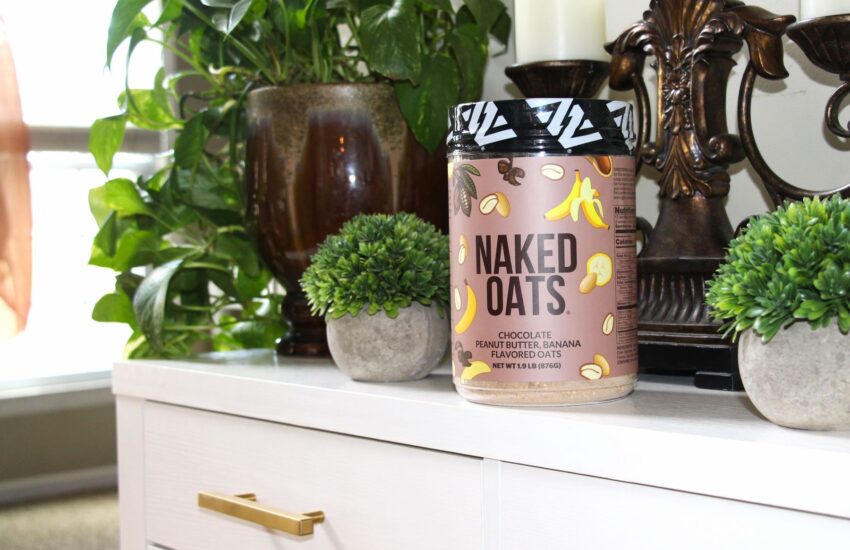How to Build a Happier Brain
 Mental health was once something that was only talked about in psychiatry circles. But now, thanks to increased openness, it’s a topic on everybody’s lips. And not without good reason. A staggering 25 percent of people will suffer from a severe bout of anxiety or depression at some point in their lives.
Mental health was once something that was only talked about in psychiatry circles. But now, thanks to increased openness, it’s a topic on everybody’s lips. And not without good reason. A staggering 25 percent of people will suffer from a severe bout of anxiety or depression at some point in their lives.
The good news is that many of the reasons we are feeling low might not be deeply rooted in our histories and require years of therapy to extirpate. Instead, many of the reasons we end up feeling miserable or anxious have to do with our lifestyle choices. Science has a few suggestions for what we can do to make our brains both healthier and happier. Here’s what some of the research suggests.
Set Goals, But Don’t Go Mad
Goal setting is an important part of life. It’s one of the key ways people motivate themselves to do well and succeed in their careers and relationships. But there’s a certain class of people who take goals and turn them into something unobtainable. We call them perfectionists.
More women than men are perfectionists. But that’s not a good thing. According to the Washington Post, perfectionism leads to shorter life spans and worsening health.
The reason for this is twofold. The first is that perfectionists set extremely lofty goals. Then, when they fail to reach those goals, they blame themselves and worry incessantly about it. For instance, a perfectionist might set themselves the goal of never having a shouting match with their spouse or getting promoted to the top job at work. But when they fall short of those achievements, they crumble and feel worthless. Furthermore, doubling down and achieving those lofty goals usually isn’t enough. Perfectionists simply raise the bar even further, deliberately setting themselves up for a fall.
According to Andrew Hill a sports psychologist from York St. John University, the key to overcoming perfectionism is to set small but manageable goals. He says that this makes the prospect of failure less likely, helping people to avoid self-attack.
Change Your Job
If you work in a high-stress sector, like health or education, it might be time to start looking for a new job. According to a study by Harvard Medical School, people in the medical profession tend to have above average levels of stress, depression and anxiety. They recommend that people look for new nursing positions or backroom roles if they’re finding life on the front line too stressful. Long term stress can seriously damage the health of your brain.
Go Outside
Going outside seems like such a simple thing. But it can have massive repercussions for your health. According to a study published last June, spending 90 minutes in the fresh air every day can help to decrease brain activity in the region responsible for negative thoughts.
But according to the researchers, just going outside is not enough. They recommend walking or biking through nature to achieve the maximum effect. Walking alongside the road seems to keep negative thoughts at the same level.
Try Meditation
Science has been obsessed with the benefits of meditation for nearly two decades now. In that time, many benefits have been found. For instance, a study was published in the journal PLoS One in 2012 that found that people who did meditation for six weeks became less rigid in their thinking than those that did none. The researchers concluded that meditation could help shift people away from their negative thoughts and get them thinking positively again.
There are also a whole slew of studies which suggest that meditation can literally alter the brain. One of the effects of meditation is to slow the thinning of the prefrontal cortex, the part of the brain responsible for managing our emotions. People who did Zen meditation, also got better at clearing their minds of the negative thoughts that can lead to depressive symptoms. According to researchers, they got better at ignoring distraction and become more peaceful.
Be Generous To The People You Know
Science has known for a while that generous people are the happiest. But they didn’t really know whether the generosity was a cause or a consequence of their happiness.
According to a paper in the Journal of Marriage and Family, couples who were most generous to each other also reported that they were the most happy. They were also more likely to have high levels of sexual satisfaction compared to couples who weren’t generous.
There’s also some evidence that committing to relationships makes people happier. People experience a dip in their levels of depression when they first get married, according to studies published in 2012.
Stay Off Social Media
Common sense would suggest that having more friendships and social connections would be a good thing for mental health. But conducting those relationships over social media websites is fraught with problems. Researchers are beginning to discover that people who use social media a lot also tend to be the least happy. One of the reasons they think this might be the case is because individuals who use social media are more concerned with what other people think about them. Other researchers have found that simply following other people online and seeing their successes can make you feel bad about yourself.
The studies suggest that people need to limit their use of social media to less than an hour a day. Many of your acquaintances on social media don’t showcase their lives in all their gory, boring detail. Instead, they cherry pick, showing off the things that will make them look best while neglecting to include the rest.
Researchers say that it’s a good idea to use Twitter and Facebook, but not to allow them to become the cornerstone of your social life.
Aim For Meaning, Not Pleasure
All the hedonists out there will tell you that life is about the pursuit of happiness. The goal of life is to have loads of money, buy a luxury villa in a hot country and spend all day by the pool sipping cocktails. While this might sound nice in theory, it rarely produces happiness in practice.
A 2007 study found that people are the happiest when they abandon hedonism and simply do things that have meaning. These meaningful activities could be anything, but mainly they involve doing things that directly help other people. Helping somebody to overcome an illness or pass an exam are both considered meaningful activities. Seeking pleasure doesn’t boost happiness.
Don’t Worry About The Small Stuff
Nobody would seriously make the argument that it’s worth ruining your life, worrying about the small stuff. But despite this, many people do. Some people are immune to life’s daily irritations, but many people get really upset if they get stuck at the lights or get into an argument with their spouse.
According to a 2013 study based on two big surveys, people who get stressed out about the small stuff in life are much more likely to feel stressed about life in general over a decade later. In other words, the little irritations you have today can balloon to affect your entire future, if you don’t take measures today to deal with your issues.
Susan Charles, a researcher who worked on the study, says that small, everyday problems shouldn’t be able to ruin life’s joyful moments. All those moments, she says, add up to days, and days add up to years. It’s better not to sweat the small stuff. Both you and your family will thank you for it.

